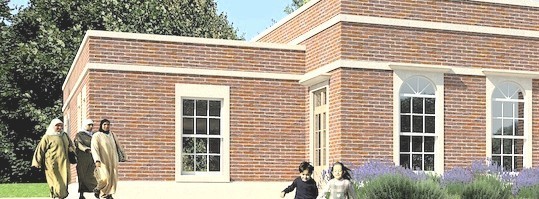
By Aliya Nurmohamed
Year 6 / Kawkab class, Wessex Madressah
For me, the Holy month of Ramadhan is an extremely important and special month. This is because I really love how the community meets every day to recite duas and share in the iftaar. Also, the Holy Quran, which is the eternal book of guidance, was revealed in this month on the Night of Qadr (power), when our destiny for the next year is decided.
On a usual day, I wake up before the time of Fajr Salah to have an early breakfast, as recommended by the Imam, and prepare for the morning prayers. After some more hours of sleep, I wake up and take the day as it goes. This includes reciting the afternoon prayers of Dhohr and Asr. I also recite a few verses from the Holy Quran as there is extra reward for its recitation in this Holy Month.
In the evening, I go to the mosque. The program starts with the children's Dua Hour. The Madrasah students are divided into groups whereby they practice the recitation of different duas (supplications) according to their age and ability. These duas include the daily Ramadhan duas such as Dua Iftitah and Dua for Sehri. Other duas being rehearsed are Dua Kumail, Hadith e Kisa and Dua Ghareeq.
Following this, we have the Quran Khani, where everyone recites some verses of the Holy Quran in order to complete one Juz (section) of the total 30 every night. Thus, by the end of the Holy Month, the conclusion of a whole Quran is achieved, which is of great reward and benefit.
After Quran Khani, the daily Ramadhan duas are recited together and occasionally, there is a majlis to advice and explain the significance of this Holy Month. At Salaah time, everyone joins in to recite the Maghrib and Isha prayers and dates are offered to break the fast. Then, the final duas are recited, the plates laid and Iftaar is served.
